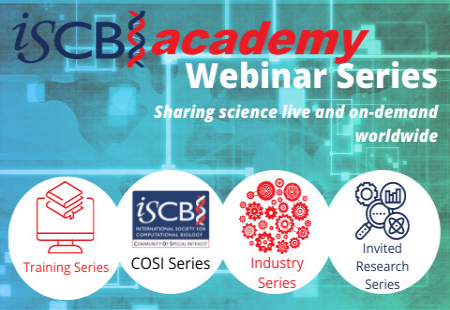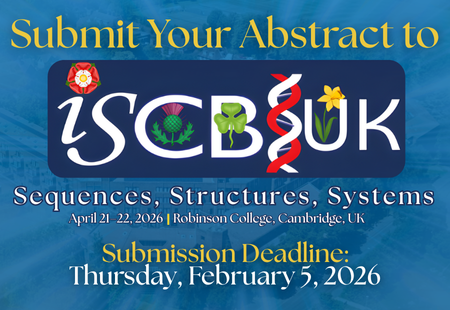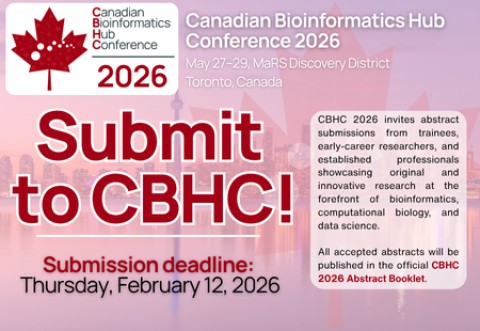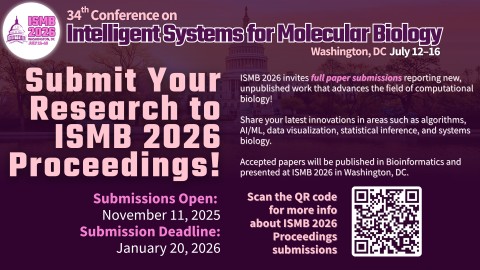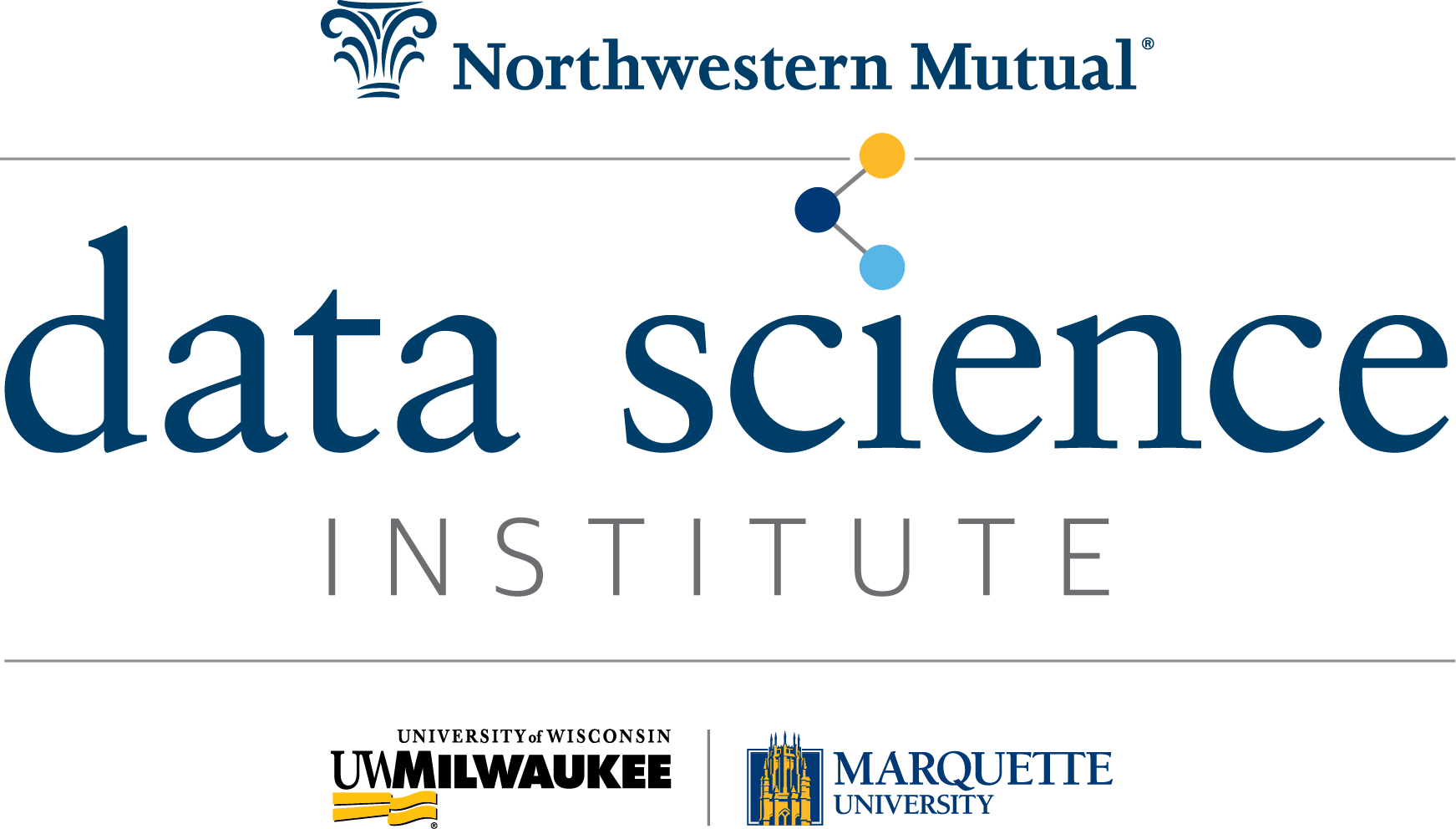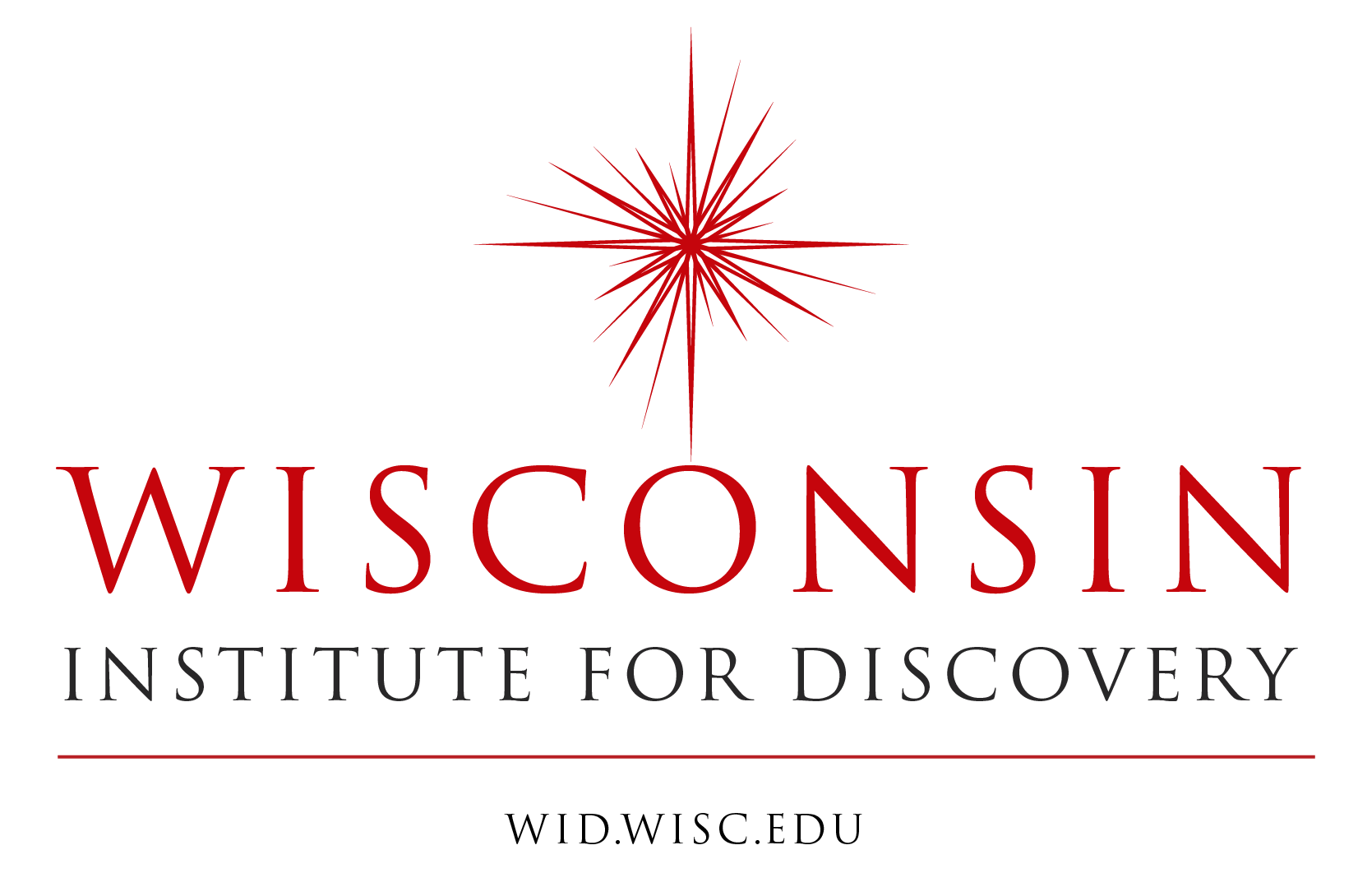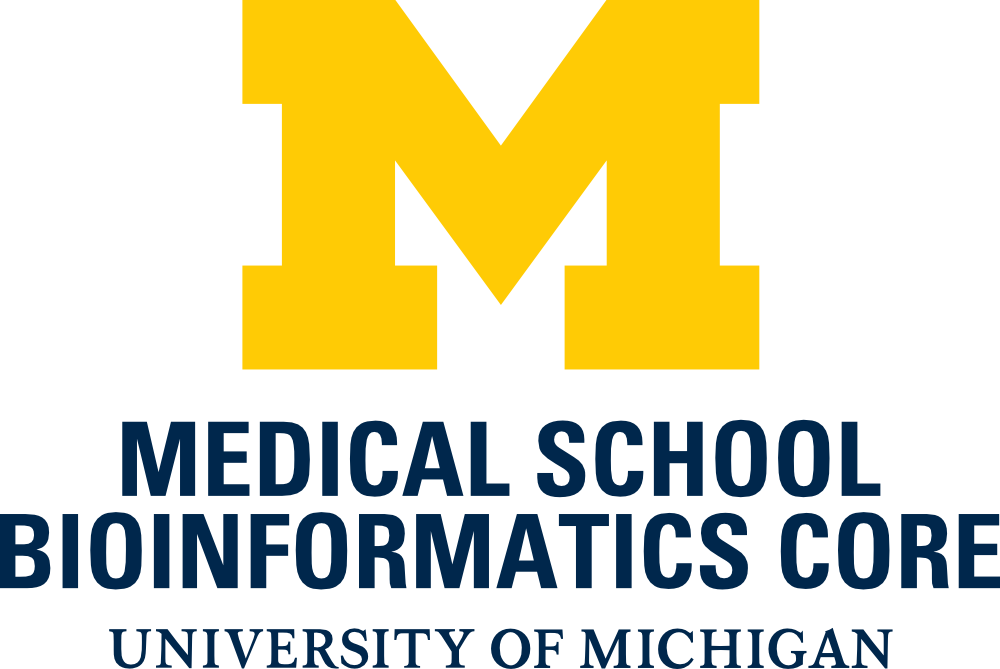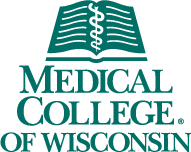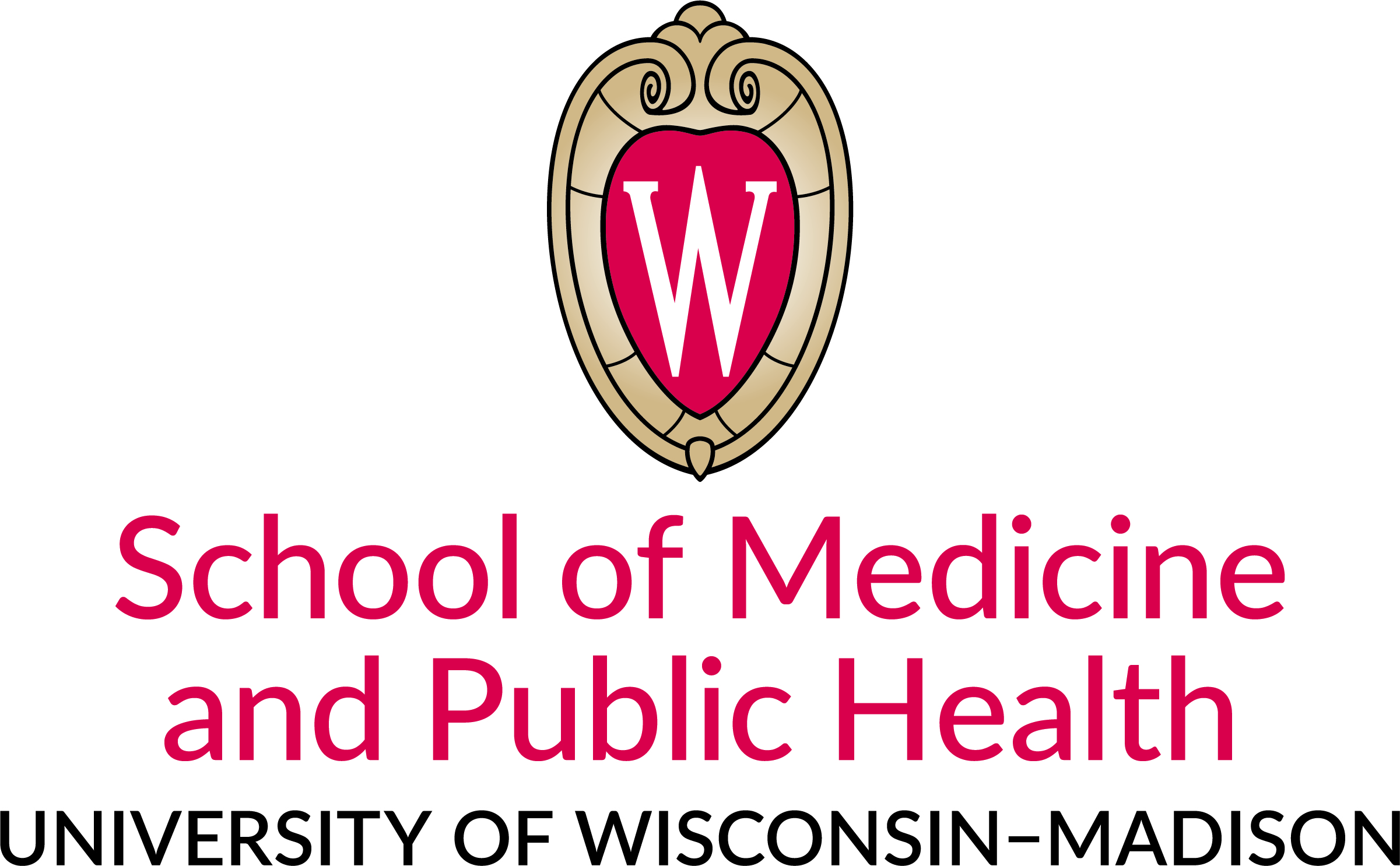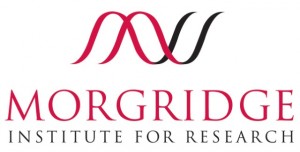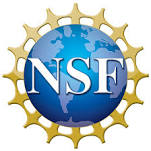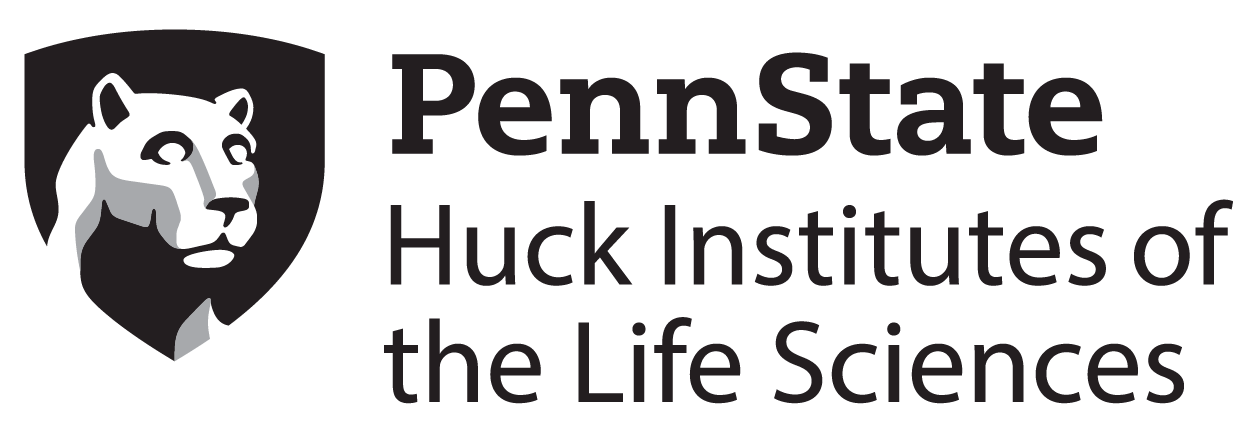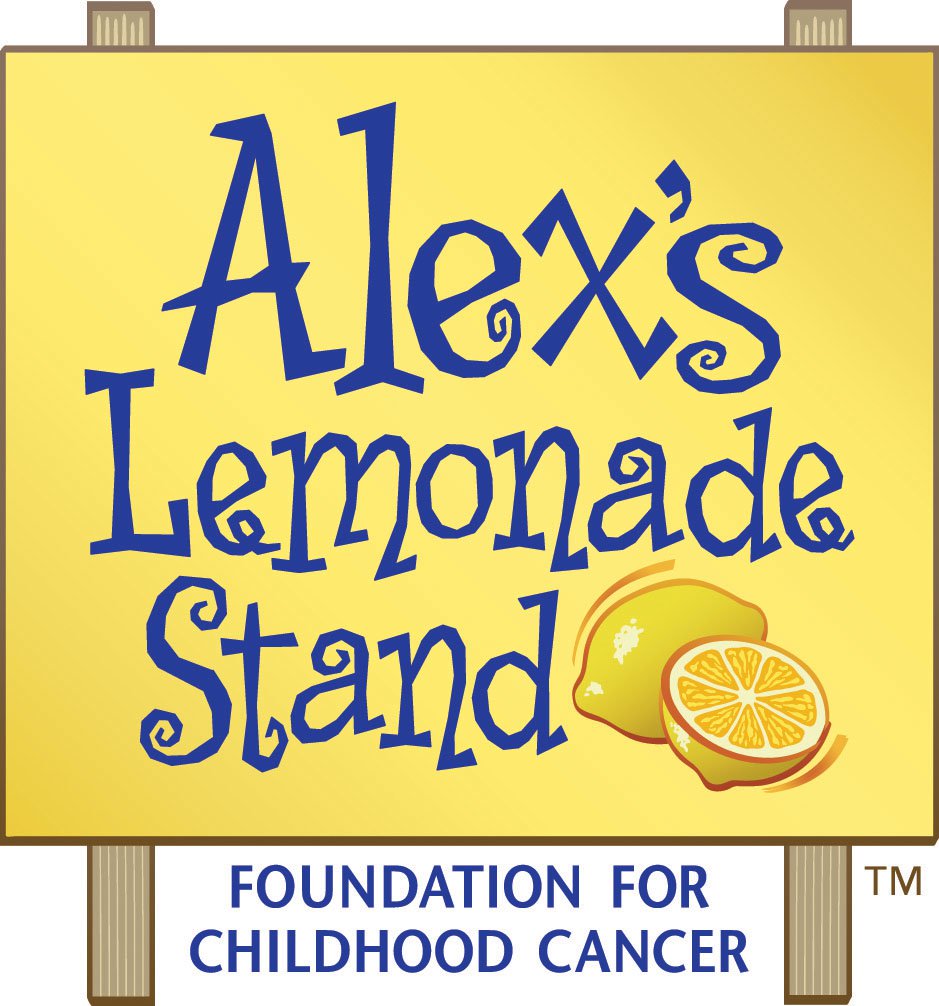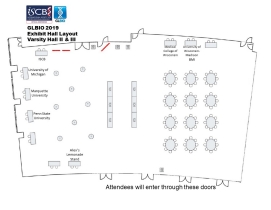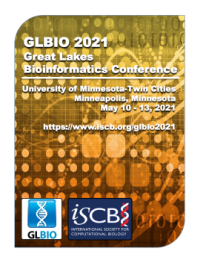VOLUNTEER OPPORTUNITIES
The Great Lakes Bioinformatics Consortium is pleased to announce a call for Volunteer Student Support Staff for its 14th Great Lakes Bioinformatics Conference (an official conference of the International Society for Computational Biology) (GLBIO 2021), the conference will be held May 10-13, 2021 at the University of Minnesota-Twin Cities.
The conference provides an interdisciplinary forum for the discussion of research findings and methods, and development of long-term relationships and networking opportunities, for researchers within the region, as well as from around the world.
As a member of the Volunteer Student Support Staff, you will receive valuable first-hand experience at an academic association conference, a certificate of appreciation as well as a full refund on your registration once your obligations are complete. Please review the below volunteer requirements:
- Attend a volunteer meeting before the conference to ensure you are prepared for all volunteer responsibilities
- Complete all assigned shifts
- You will be notified of your shifts in advance of the conference and are required to send acknowledgement
- Please review the list of possible assignments below:
- Registration:
- Handing out name badges, processing of invoices and assisting with on-site registration
- Educational sessions:
- Check in with the session leader before the session and identify yourself as the assisting volunteer
- Checking badges for entrance to session rooms
- Counting attendees in each educational session
- Monitor session rooms, alerting conference manager of any AV or emergency needs during session
- Other conference opportunities:
- Numbering poster boards to include monitoring hanging up and taking down of poster boards by presenters
- Assist attendees in locating various events throughout the conference
- Answer questions about the scientific program and giving directions within the venue
Only a small number of students will be selected to participate on this team. Apply today by completing the application online by March 15, 2021. CLICK HERE TO APPLY!
- top -
ACCOMMODATIONS
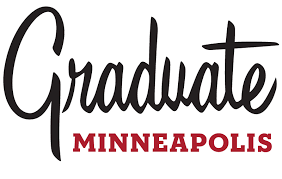
 The Graduate Minneapolis is the headquarters hotel for GLBIO 2021. Their lush lake house landscape is dotted in forest green, woodland toile, and Prince-ly details of custom plum paisley and a little Corvette red to bring you home. From meetings in town to campus meetups, the lobby is lounge-central for student hang time or some serious air hockey tournaments. Roving food carts serving local flavor (‘sota stuffed burritos, hand crafted hot cocoas and all-star spirits) drift amid the cozy communal tables, dramatic fireplace and woodsy backdrop. Complimentary WiFi, 24/7 Fitness center, plus complimentary access to the UM Wellness Center, located across the street and more. Located next door and connected by a tunnel to the McNamara Alumni Center. On premise parking with in and out privileges is available for a daily fee of $25 and University Parking is also available via an enclosed bridge.
The Graduate Minneapolis is the headquarters hotel for GLBIO 2021. Their lush lake house landscape is dotted in forest green, woodland toile, and Prince-ly details of custom plum paisley and a little Corvette red to bring you home. From meetings in town to campus meetups, the lobby is lounge-central for student hang time or some serious air hockey tournaments. Roving food carts serving local flavor (‘sota stuffed burritos, hand crafted hot cocoas and all-star spirits) drift amid the cozy communal tables, dramatic fireplace and woodsy backdrop. Complimentary WiFi, 24/7 Fitness center, plus complimentary access to the UM Wellness Center, located across the street and more. Located next door and connected by a tunnel to the McNamara Alumni Center. On premise parking with in and out privileges is available for a daily fee of $25 and University Parking is also available via an enclosed bridge.
- Room rate: 119.00$ per night plus tax
- Reservations must bereceived by 04/18/2021
Book online directly: https://be.synxis.com/?chain=21643&hotel=76179&group=052021ISCB&arrive=05/09/21&depart=05/14/21&configCode=sales
Call directly: 612-379-8888 and reference ‘GLBIO’ when booking

- top -
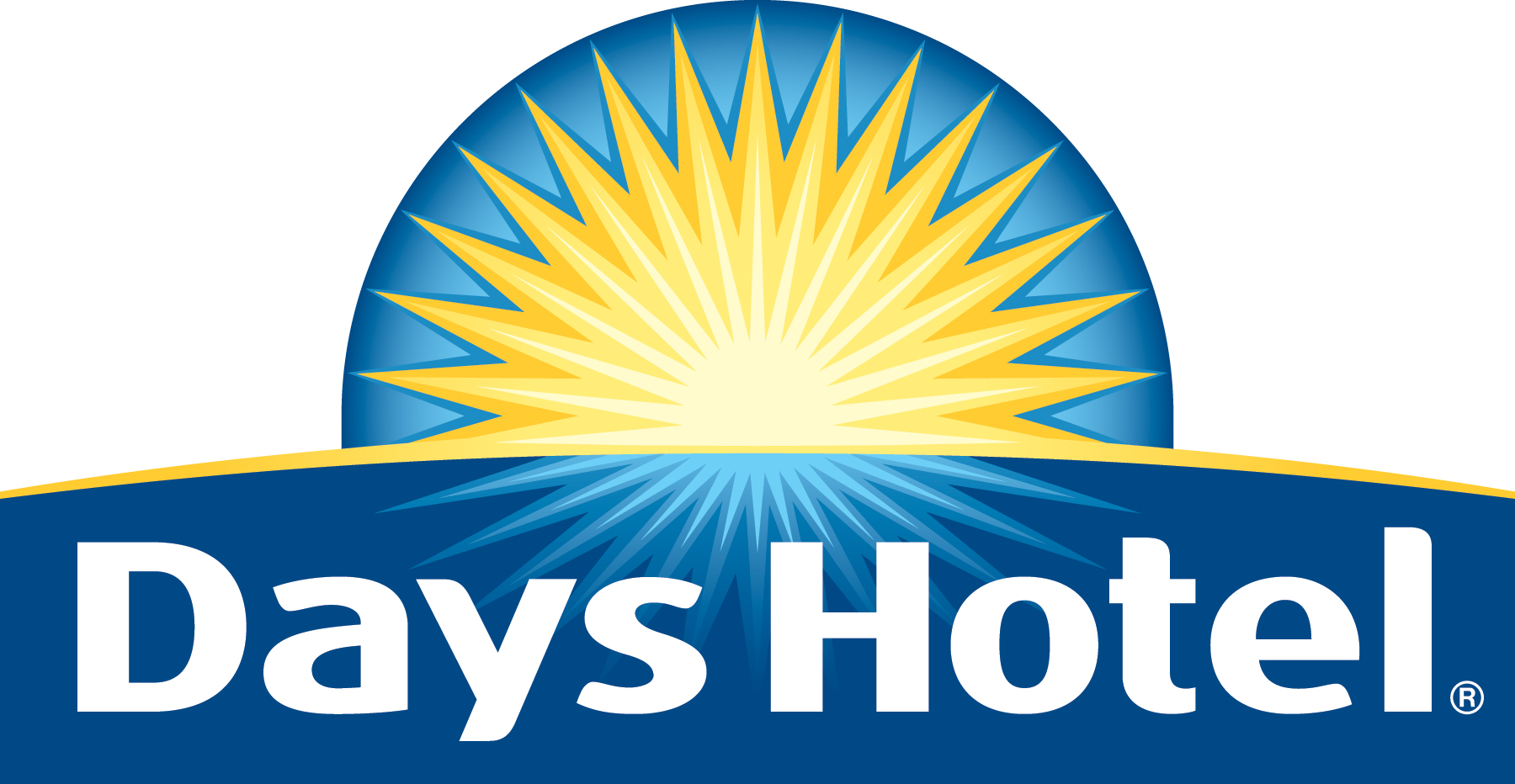
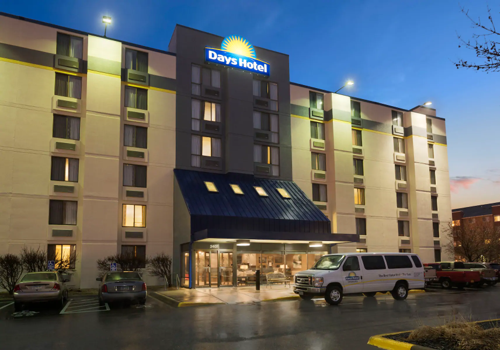 Days Hotel on University is the overflow hotel for GLBIO 2021. Located right on the Green Line Light Rail and only an eight minute walk to the McNamara Alumni Center. Complimentary Breakfast, Parking, WiFi, and Fitness center.
Days Hotel on University is the overflow hotel for GLBIO 2021. Located right on the Green Line Light Rail and only an eight minute walk to the McNamara Alumni Center. Complimentary Breakfast, Parking, WiFi, and Fitness center.
- Room Rate: $97.00 per night plus tax
- Reservations must be received by 4/11/2021
Call directly:612-623-3999 and reference ‘GLBIO’ when booking

- top -
SPECIAL SESSIONS
Knowledge Guided Machine Learning in Biology
Tuesday, May 11, 2021
The study of biological systems holds great promise for understanding the origin and evolution of life and the interplay of biological processes with environmental effects, which influences policy decisions relating to public health and conservation. While the state-of-the-art for understanding biological systems have conventionally relied on numerical or statistical models for making predictions or performing in silico experimentation, these techniques struggle to capture the nonlinear response of many natural systems. On the other hand, machine learning (ML) methods, that are able to extract highly complex and non-linear patterns and models solely from data, are increasingly being considered as promising alternatives to scientific discovery in biological applications. However, black-box ML methods, that are developed and deployed agnostic to underlying scientific theories, face several barriers in understanding real-world biological systems, primarily due to the absence of ML-ready data in biological applications at the scales possible in commercial applications of ML (e.g., on benchmark problems in computer vision and speech recognition). As a result, there is a growing realization in the scientific community to embrace a deeper integration of scientific knowledge with machine learning frameworks, referred to as the paradigm of Knowledge Guided Machine Learning (KGML). While this emerging paradigm has already started to show successful applications in a number of disciplines including fluid dynamics, particle physics, computational chemistry, and climate science, there is a need for concerted efforts to realize the full potential of “KGML in biology,” by integrating complex forms of biological knowledge (available as process-based models, ontologies, rules, heuristics, etc.), with ML methodologies.
This session will bring together leading scientists working on the frontiers of KGML in biological applications and discuss some of the common challenges and opportunities in this emerging field. We anticipate participation by academic and non-academic professionals and graduate students. The recent maturation of machine learning approaches, environmental data infrastructure, informatics techniques, and data terminologies makes KGML an exciting area of research.
For more information: https://sites.google.com/view/glbio-kgml/home
- top -
Genotype to Phenotype in Model and Non-Model Organisms
Wednesday, May 12, 2021
Part I: Model Organisms
Part II: Non-Model Organisms
Session organisers:
- Lenore J. Cowen (Tufts University)
- Jane Greenberg (Drexel University)
- Judith Klein-Seetharaman (Colorado School of Mines)
- Nastassja A. Lewinski (Virginia Commonwealth University)
- Hollie Putnam (University of Rhode Island)
- Hannah G. Reich (University of Rhode Island)
- Liza M. Roger (Virginia Commonwealth University)
- Rohit Singh (Massachusetts Institute of Technology)
Theme
Comprehensive understanding of a gene’s function requires going beyond a high-level annotation of its molecular function and biological process to a more detailed characterization of its specific role in the relevant signaling, epigenetic or enzymatic context as well as its interactions with DNA and other proteins. An integrative approach across species or conditions, combining omics with physiology-based approaches, can advance understanding and potentially lead to testable hypotheses. We are particularly excited about bioinformatics research that adapts computational tools and extends data infrastructures for model organisms to investigate phenotypes of non-model organisms, using integrative and systems-based approaches to overcome the relative lack of data in the latter.
To invite a diverse set of research presentations on this topic, we propose splitting the topic into model and non-model organisms. We believe that the core community that attends GLBIO is already very interested in the genotype to phenotype problem as it relates to human health and disease, and may contribute some interesting talks for part I. Non-model organisms and in particular, organisms whose importance is outside biomedical applications, have not been historically well-represented in this community, and we are excited to invite interesting speakers and bring this new area to part II of our session and this conference.
For more information: https://corals.cs.tufts.edu/glbio2021/
- top -
Taxonomic Names and Metadata: A Framework for Big Data Interoperability
Thursday, May 13, 2021
Co-Organizers:
Henry L. Bart Jr, Tulane University (This email address is being protected from spambots. You need JavaScript enabled to view it.)
Noah Daniels, University of Rhode Island (This email address is being protected from spambots. You need JavaScript enabled to view it.)
Research involving organisms depends critically on a long-standing tradition of defining and assigning names to species and higher groups of organisms (taxonomy) and conventions for recording metadata on where, when and under what conditions specimens of organisms were observed or captured (provenance). Taxon names are governed by nomenclatural codes that aim to ensure uniqueness and universality of all taxon names. However, different groups of organisms (animals, bacteria, algae, fungi and plants) are governed by different codes, and some repetition exists. Principles are in place for restoring order to the surprisingly large number of cases where the same taxon has been assigned multiple names (synonymy). Similarly, standards have been adopted for recording metadata describing provenance of biological specimens (e.g., Darwin Core). Less formalized are metadata for describing the specimens themselves, digital analogs (images) of specimens, or anatomical and morphological features of specimens, which frequently are the objects of study. This special session will feature abbreviate presentations on challenges with taxonomic names and metadata associated with biological specimens, including their associated images, omics, and environmental datasets currently being used in research projects. Presenters will highlight approaches that have been adopted to address these challenges. The presentations will frame the issues as general questions in need of answers, and current as intermediate solutions. The session will conclude with a discussion that will explore more robust solutions to the challenges of using taxonomic names and metadata in research.
For more information: http://glbio2021.tnm.tubri.org/
- top -

